Pompeo claims Iran sanctions to return on Sep. 20, will EU follow suit?
US Secretary of States Mike Pompeo has made a new claim by alleging that regardless of the UN Security Council’s recent rejection of an anti-Iran Washington-drafted resolution, the world body’s sanctions against Tehran will automatically return on September 30 as per UNSC Resolution 2231, which endorses Iran’s nuclear deal with six world powers.
Posting a tweet on Thursday, Pompeo alleged that if the UNSC would not be presented with a resolution to waive the sanctions, the coercive measures will “return on September 20.”
Precisely last week this time, he turned up at the UN Secretariat, serving it with a “notification” that the US was launching a bid to enable restoration of the sanctions.
Soon afterwards, 13 of the Security Council’s 15 members communicated their refusal to fall into line with the US’ efforts.
China said Pompeo’s letter to the Secretariat did not qualify as a “notification.” This, Beijing noted, was because the US had lost the right to have the sanctions restored as it has left the 2015 nuclear deal between Iran and world powers that includes the “snapback” mechanism that Washington is trying to invoke.
Washington’s main European allies -- the UK, France, and Germany -- also said the campaign runs counter to efforts to preserve the nuclear agreement.
Iran and the nuclear agreement’s remaining signatories have also reminded the US that by leaving the deal, Washington has, by extension, lost all of its rights to seek recourse to UNSC Resolution 2231.
The stubborn-sounding tweet, however, featured a section of the resolution, under which it conditions continued sanctions relief for Iran on passage of another resolution that mandates suspension of the bans.
“That’s how UNSCR 2231 works,” Pompeo claimed.
The top US diplomat also alleged that even if any of the UNSC members -- that have overwhelmingly sided with Iran on the matter -- chose to forward such a resolution, Washington would surely cast its veto against it.
If any member of the @UN Security Council introduces a resolution to continue sanctions relief, the U.S. will oppose it," he said.
Will EU follow suit?
Analysts, however, express serious doubt concerning the US’ ability -- if any -- to build an international consensus against Iran, the nuclear agreement, or Resolution 2231.
They cite the multiple defeats that Washington has already suffered in its efforts to isolate the Islamic Republic, destroy the nuclear agreement, officially known as the Joint Comprehensive Plan of Action (JCPOA), or further violate the resolution.
Since leaving the deal in 2018, the US has continually failed to scare any of the remaining JCPOA members -- the UK, France, Russia, China, and Germany -- into similarly ditching the agreement.
Earlier this month, it tried to restore an arms embargo on the Islamic Republic that would legally expire under the JCPOA in October. A Washington-devised relevant resolution was, however, abstained by 11 UNSC members, and vetoed by Russia and China.
Observers, meanwhile, consider the position that America’s European allies would be adopting in the months to come given the US’ headstrong push to have the UNSC sanctions restored, to be essential to the success of Washington’s campaign.
The Europeans have been holding off on retaining their trade with Iran since the US’ departure from the JCPOA. Now too, they could throw the US’ anti-Iran bid a lifeline by bowing to Washington’s pressure on them to toe the sanction line.
Israeli high-tech faces talent flight in wake of Gaza genocide: Report
The Year That Was: Wars, genocide, protests, scandals – events that defined 2025
Iran, Oman foreign ministers stress confronting sources of unrest in region
VIDEO | Gaza named deadliest place for journalists in 2025
VIDEO | Policy paper sparks debate over US intentions in Tunisia
Khaleda Zia, Bangladesh’s first female prime minister, dies at 80
Iran vows ‘harsh response’ to any aggression
Russia warns of response to Ukrainian drone attack on Putin's residence


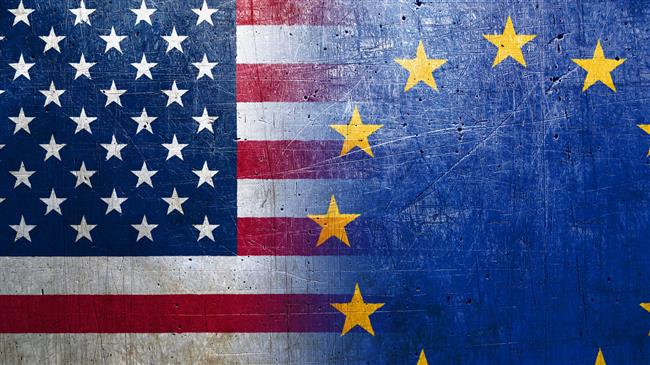

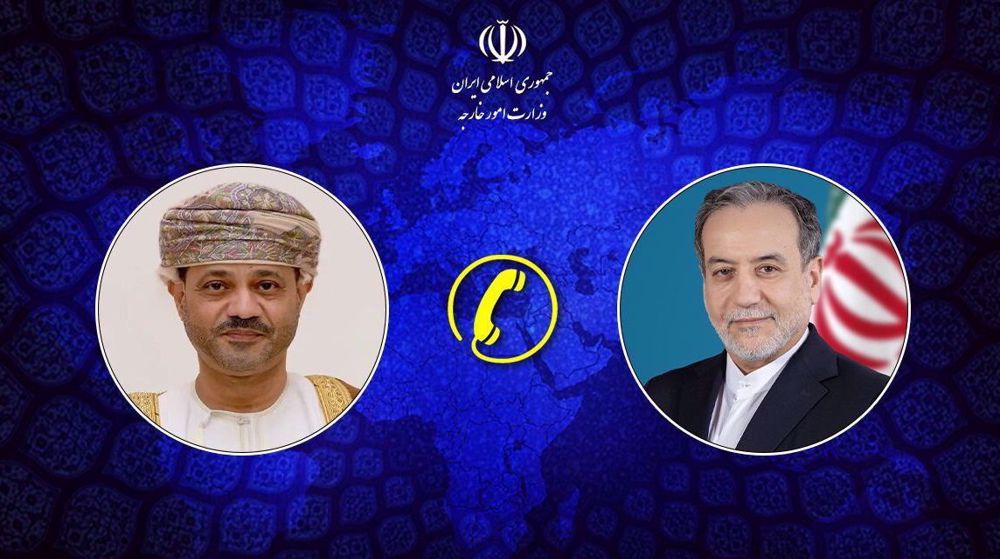
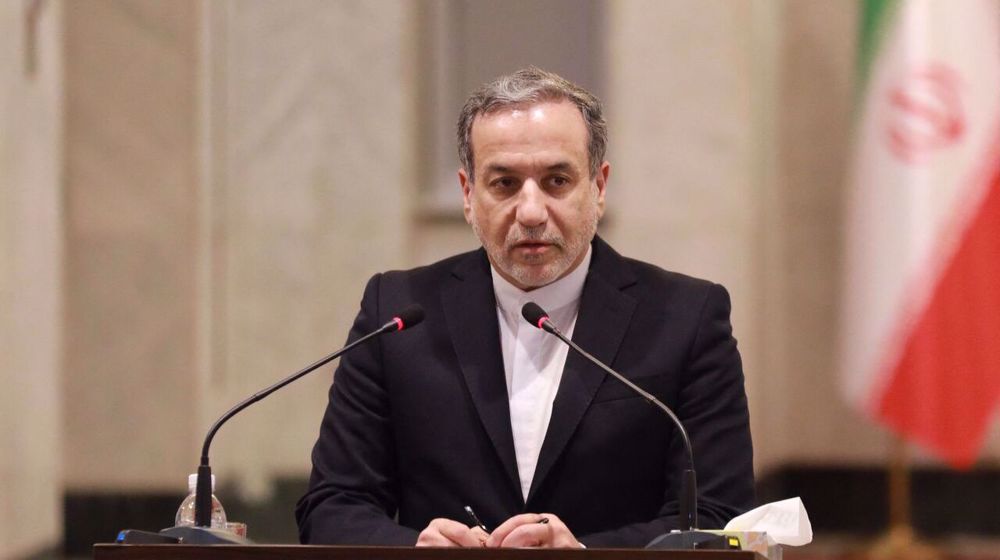
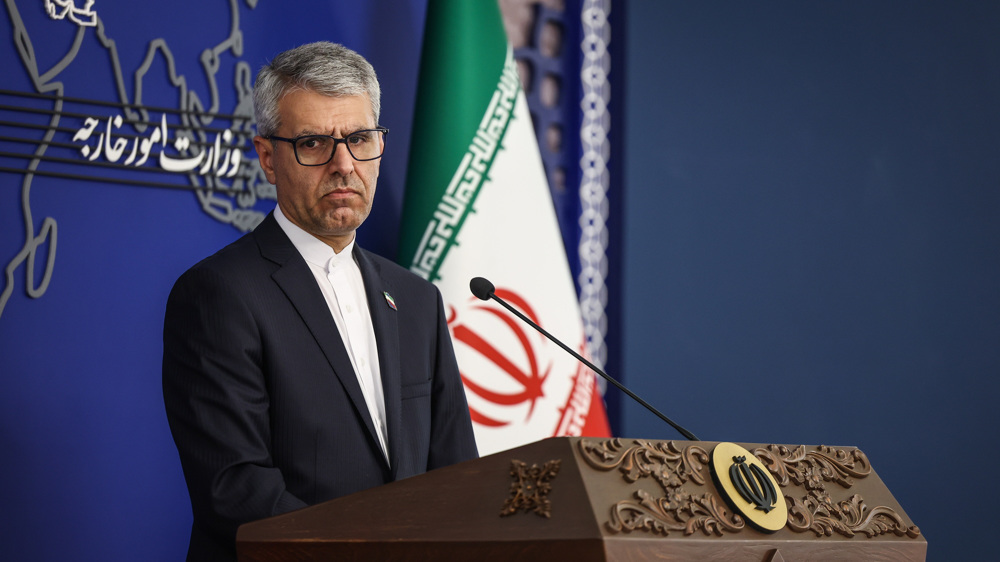



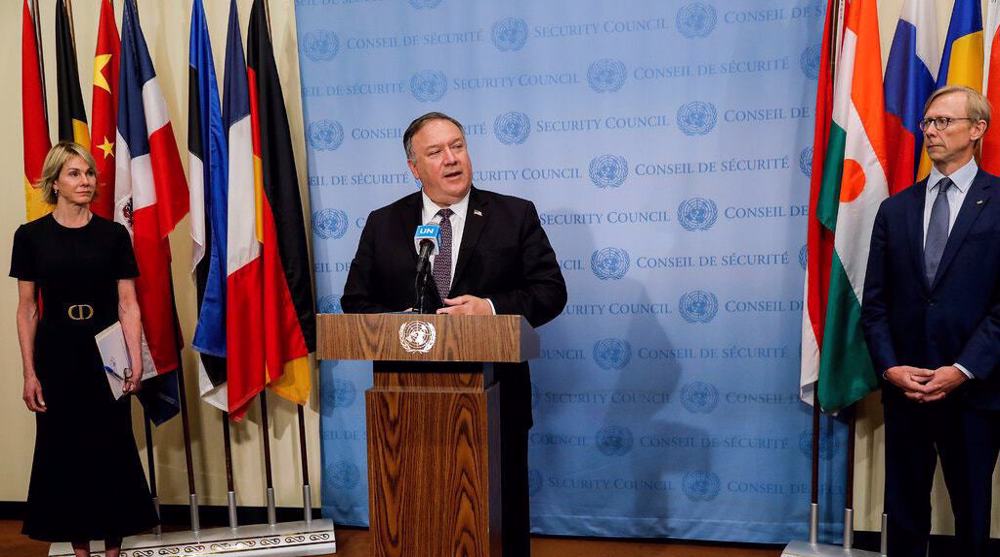
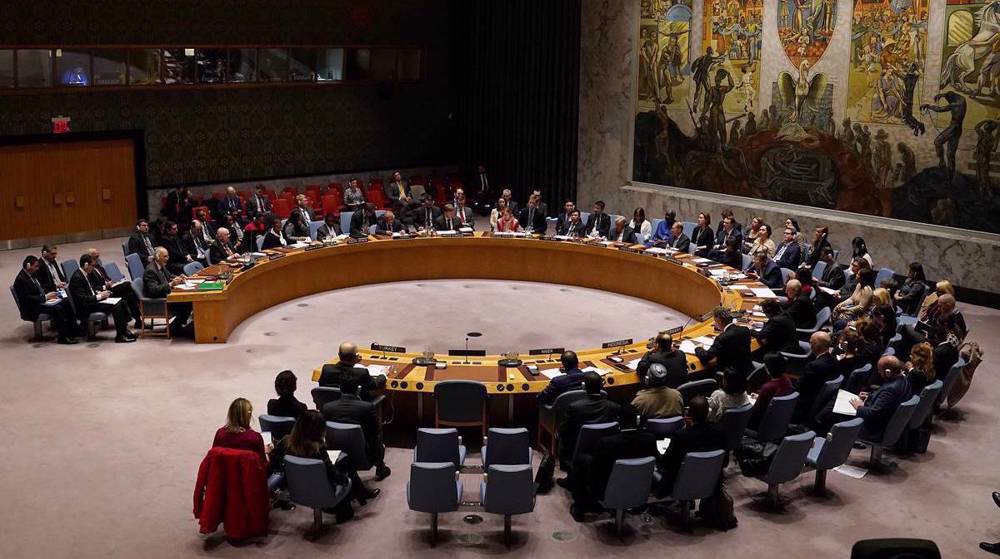
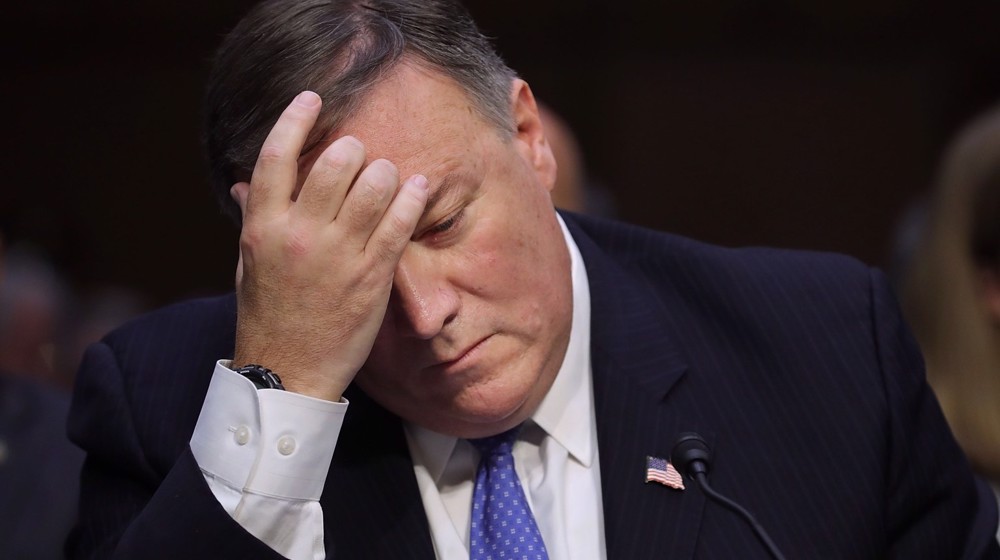

 This makes it easy to access the Press TV website
This makes it easy to access the Press TV website